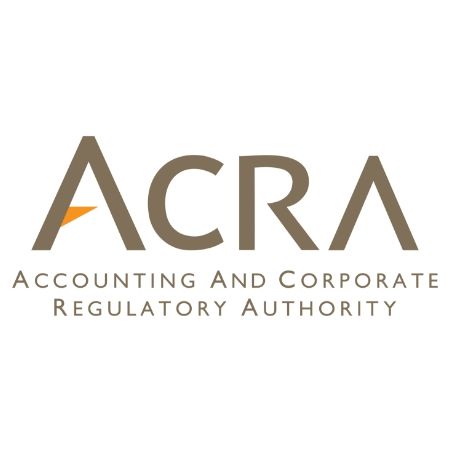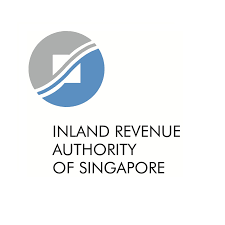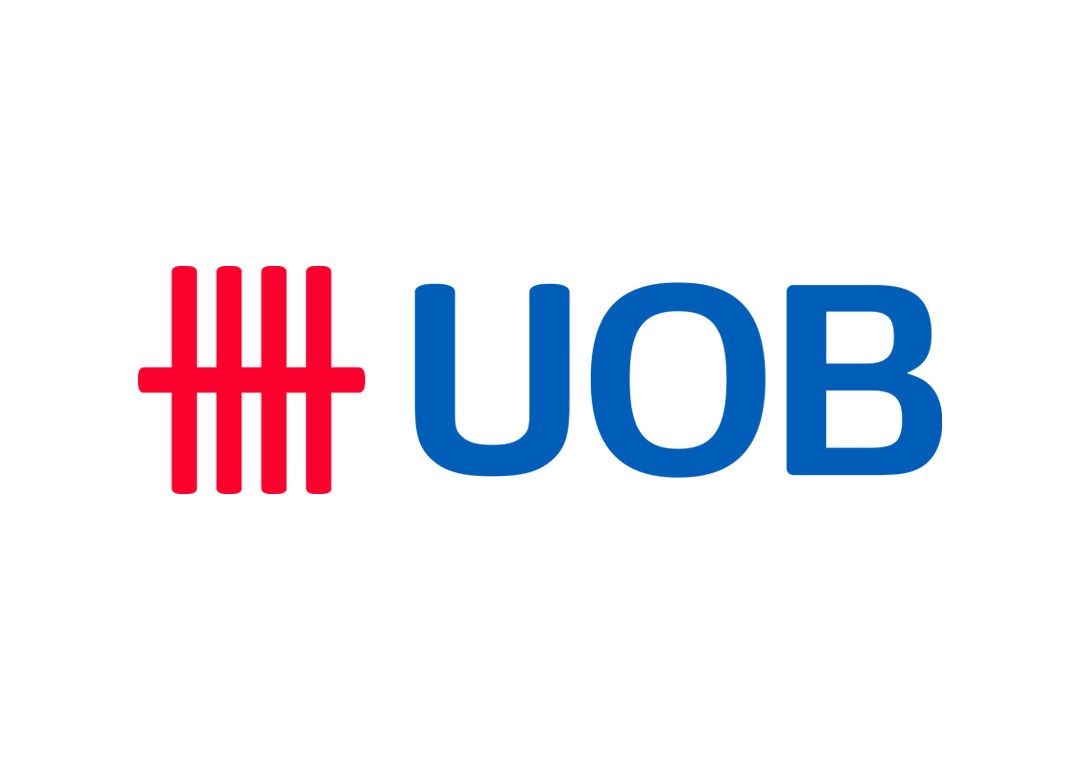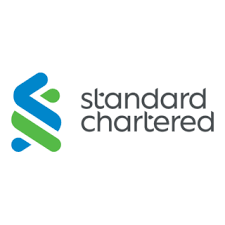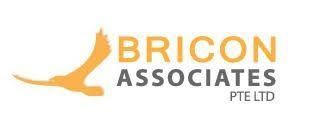Basic Compliance Guide for Singapore Companies
Singapore companies enjoy the advantages of limited liability as well as many tax benefits. However, incorporated companies also face increasing regulatory and compliance requirements. This article outlines the key compliance requirements that companies face under Singapore law.
1. The company must have a registered office
Singapore companies must have a registered office address to which all government communications and notices can be sent. This must be a physical location within Singapore and should be open to the public for at least 3 hours during normal business hours every weekday. Companies that do not own or lease physical property in Singapore may choose to use a virtual office service. These service providers provide business address and mail forwarding services for a monthly fee and are therefore an affordable alternative to renting or purchasing a physical office property in Singapore.
2. The company must have at least one Singapore resident director
A Singapore company must have at least one director who is ordinarily resident in Singapore. Only persons who meet the following criteria can be appointed as a director:
- At least 18 years old, physically and mentally healthy, not an undischarged bankrupt, not currently disqualified from being a director by the Singapore authorities
3. The company must appoint a company secretary
Singapore companies must appoint at least one company secretary to ensure that the company complies with Singapore's regulatory and reporting requirements. The position of company secretary must not be vacant for more than 6 months at any one time. The company secretary must ordinarily reside in Singapore. A director may also serve as company secretary if he is not the sole director of the company.
4. Companies must appoint a data protection officer
Under the Personal Data Protection Act (PDPA), all companies are required to appoint at least one Data Protection Officer to ensure the company’s compliance with the PDPA.
5. The company must show its name and unique entity number (UEN) on the required documents
When a company is incorporated, the Accounting and Corporate Regulatory Authority (ACRA) will provide the company with a Unique Entity Number (UEN), which is an identification number used for government interactions such as tax filings. Singapore companies must display their name and UEN in corporate documents and communications. Such documents include:
- Business correspondence Statements or invoices Official notices Publications Bills of exchange, promissory notes, endorsements, checks, orders, receipts and letters of credit
The company name must also appear on the company seal (if any). If any person uses or authorises the seal on behalf of the company, or signs or authorises any of the above documents, without the company name, he/she will be considered to have committed an offence and may be required to pay any amount due (if a financial transaction is involved) unless it is paid by the company.
6. Company register that a company must keep
Singapore companies are required to keep certain company registers and records to improve corporate governance and transparency. These may include:
- List of Directors, CEOs and Secretaries List of Major Shareholders List of Controllers List of Nominee Directors
7. Companies must comply with Singapore accounting requirements
Designated financial year end
When a company is incorporated, it must designate a date as its financial year end. This refers to the end of the company's annual accounting period, which is not necessarily December 31 of each year.
Keep proper books and records
In addition, all Singapore companies are required to maintain proper records of financial accounts and transactions for at least 5 financial years. As such records can be relatively large and complex, it is highly recommended that you obtain the services of an approved accounting or bookkeeping firm to assist in complying with accounting standards.
Appointment of auditors
Finally, unless the company is considered a "small company" under the Companies Act, it must appoint an auditor within 3 months of incorporation. A company is considered a "small company" if it is a private company during the current financial year and satisfies at least 2 of the following 3 requirements for the last 2 consecutive financial years:
- Its revenue for each financial year does not exceed S$10 million. Its total assets value at the end of each financial year does not exceed S$10 million. Its number of employees does not exceed 50 at the end of each financial year.
The company and any person who fails to comply with any of the above provisions will be fined up to S$5,000 or imprisoned for up to 12 months, in addition to the default penalty.
8. The company must submit annual returns to ACRA
Unless exempted, Singapore companies are required to file annual returns with ACRA via the BizFile portal. The annual return must include the company’s financial statements such as the statement of financial position (also known as the balance sheet), statement of changes in equity, and statement of cash flows.
9. The company must hold an annual general meeting of shareholders every year
Unless exempted, a Singapore company must hold its Annual General Meeting (AGM) within a certain period after its financial year end. Public companies must hold their AGM within 4 months after their financial year end. All other companies must hold their AGM within 6 months after their financial year end.
10. Companies must pay corporate income tax every year
Corporate taxes must be filed annually by:
December 15 if filing online; or
If the company actually files an income tax return, it will be November 30th.
11. Where applicable, the company must be registered for GST
If a company's annual taxable turnover exceeds S$1 million, it must register for GST with the Inland Revenue Authority of Singapore (IRAS). This can be done online through the myTax portal maintained by IRAS and each application usually takes 2 working days to process. Once registered with IRAS, the company must charge GST on applicable goods and services at the prevailing rate.
12. Companies must comply with employment regulations
Singapore companies (or businesses) must comply with the Employment Act when hiring, retaining or retrenchment of employees. If a company has employees who are Singapore citizens or Singapore permanent residents, it must also contribute to the employees’ Central Provident Fund (CPF) accounts at the specified CPF contribution rate.
13. Company directors must comply with requirements
Under the Companies Act, a director of a Singapore company must disclose whether he has any interest (direct or indirect) in any transaction/proposed transaction with the company. He must also declare whether he holds any position or property that may create a conflict of interest with his duties as a director (for example, if he holds a directorship or shares in a competitor company). This is because directors have the power to influence the company's decisions and must not abuse their power for personal gain. Failure to make adequate disclosure is a criminal offence and may result in a fine of up to S$5,000 or imprisonment of up to 12 months for the director. In addition, the director may also be required to account to the company for any profits he has made as a result of non-disclosure.
14. The company must hold the appropriate licenses and approvals for its business
In certain industries, Singapore companies need to obtain a license or approval from the relevant regulator before they can carry out business activities (such as operating a restaurant). The regulator may also require the company to comply with certain requirements or reporting/inspection obligations before issuing a license. Fortunately, the licensing process in Singapore is highly streamlined and business-friendly. The application can be done through the Singapore government's GoBusiness portal, which compiles the licensing frameworks of most Singapore statutory bodies into a standardized one-stop platform. The licensing process usually takes up to 2 months, depending on the specific license type.
We hope that the above guide has helped you understand some of the compliance requirements faced by companies registered in Singapore.




